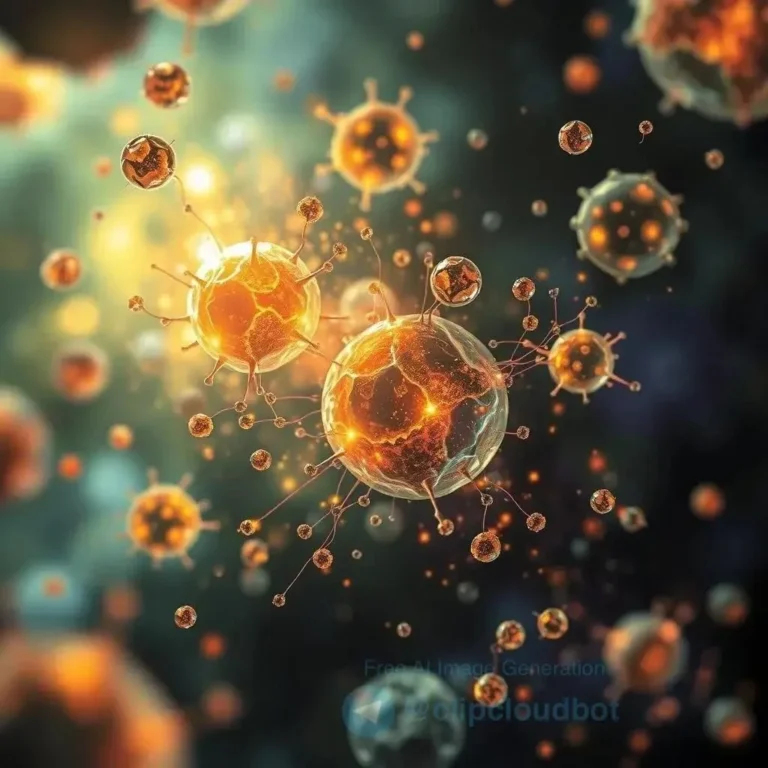The Power of Nutrient Timing
Strategic nutrient timing optimizes nutrient delivery for bodily functions. It maximizes energy levels, supports muscle recovery, and promotes hormonal balance for overall well-being.
Pre-Workout Fuel: Optimize Energy and Performance
Fueling your body appropriately before exercise is crucial for maximizing performance and minimizing fatigue. The right pre-workout nutrition provides sustained energy, enhances focus, and primes your muscles for the work ahead. This involves choosing foods that offer a balance of carbohydrates, protein, and healthy fats, timed strategically for optimal digestion and absorption.
Carbohydrates: The Primary Energy Source
Carbohydrates are the body’s preferred source of energy during exercise. Complex carbohydrates, found in foods like oats, brown rice, and sweet potatoes, provide a slow and steady release of glucose into the bloodstream, preventing energy crashes. Simple carbohydrates, such as fruits, can be beneficial closer to your workout for a quick energy boost. The amount of carbohydrates you need depends on the intensity and duration of your workout.
Protein: Muscle Protection and Repair
Including protein in your pre-workout meal or snack helps protect your muscles from breakdown during exercise and initiates the recovery process. Good sources include lean meats, eggs, Greek yogurt, or plant-based options like tofu or lentils. Combining protein with carbohydrates can also improve endurance and reduce muscle soreness.
Healthy Fats: Sustained Energy and Hormone Support
While carbohydrates are the primary fuel source, healthy fats play a supporting role by providing sustained energy during longer workouts. Sources like avocados, nuts, and seeds can be included in moderation as part of a balanced pre-workout meal. They also contribute to hormonal balance, which is essential for optimal performance and recovery.
Timing is Key
The timing of your pre-workout meal is crucial. A larger meal should be consumed 2-3 hours before exercise to allow for proper digestion. If you’re short on time, a smaller snack consisting of easily digestible carbohydrates and protein can be consumed 30-60 minutes prior.
Post-Workout Nutrition: Recovery and Muscle Growth
After a strenuous workout, your body is primed for nutrient replenishment. Post-workout nutrition plays a vital role in repairing muscle tissue, replenishing glycogen stores, and promoting muscle growth. Consuming the right nutrients within the optimal timeframe can significantly impact your recovery and overall fitness progress.
Protein Powerhouse: Repair and Rebuild
Protein is essential after exercise to repair muscle damage and stimulate muscle protein synthesis, the process that leads to muscle growth. Aim for high-quality protein sources like lean meats, poultry, fish, eggs, dairy, or plant-based options such as soy or pea protein. A protein shake can be a convenient and effective way to quickly deliver these essential amino acids to your muscles.
Carbohydrate Replenishment: Restore Energy Levels
Exercise depletes your muscle glycogen stores, the primary source of energy for your muscles. Replenishing these stores with carbohydrates after your workout is crucial for recovery and preparing for your next training session. Opt for complex carbohydrates like whole grains, fruits, and vegetables.
The Anabolic Window of Opportunity
While the concept of a strict “anabolic window” has been somewhat debated, consuming nutrients, especially protein and carbohydrates, within the first 1-2 hours after exercise is generally considered beneficial for maximizing recovery and muscle growth. This is when your muscles are most receptive to absorbing nutrients.
Hydration is Key
Don’t forget to rehydrate! Exercise leads to fluid loss through sweat, so replenishing fluids is crucial for optimal recovery. Water is essential, but electrolyte drinks can be helpful after particularly intense or long-duration workouts.
Hormonal Harmony Through Strategic Eating
Hormones play a crucial role in regulating various bodily functions, including metabolism, mood, sleep, and reproduction. Strategic nutrient timing can significantly influence hormonal balance, optimizing these functions for overall well-being. By focusing on specific nutrients and meal timing strategies, you can support healthy hormone production and maintain equilibrium.
Balancing Blood Sugar: Insulin and Glucagon
Balancing blood sugar levels is essential for hormonal harmony. Consuming balanced meals with protein, healthy fats, and fiber helps prevent blood sugar spikes and crashes, promoting stable insulin and glucagon levels. This helps regulate appetite, energy levels, and fat storage.
Stress Management: Cortisol Control
Chronic stress can elevate cortisol levels, potentially leading to various health issues. Nutrient timing can help manage stress by providing the body with the necessary nutrients to support adrenal function; Including foods rich in magnesium, vitamin C, and B vitamins can be beneficial.
Sleep Regulation: Melatonin and Serotonin
Consuming foods that support melatonin and serotonin production can improve sleep quality. Tryptophan-rich foods like turkey, nuts, and seeds, combined with carbohydrates, can promote melatonin synthesis. Consuming these foods in the evening can contribute to a more restful sleep.
Supporting Thyroid Function: Iodine and Selenium
The thyroid gland plays a vital role in metabolism and energy levels. Ensuring adequate intake of iodine and selenium, found in foods like seaweed, seafood, and Brazil nuts, is essential for supporting healthy thyroid function.





